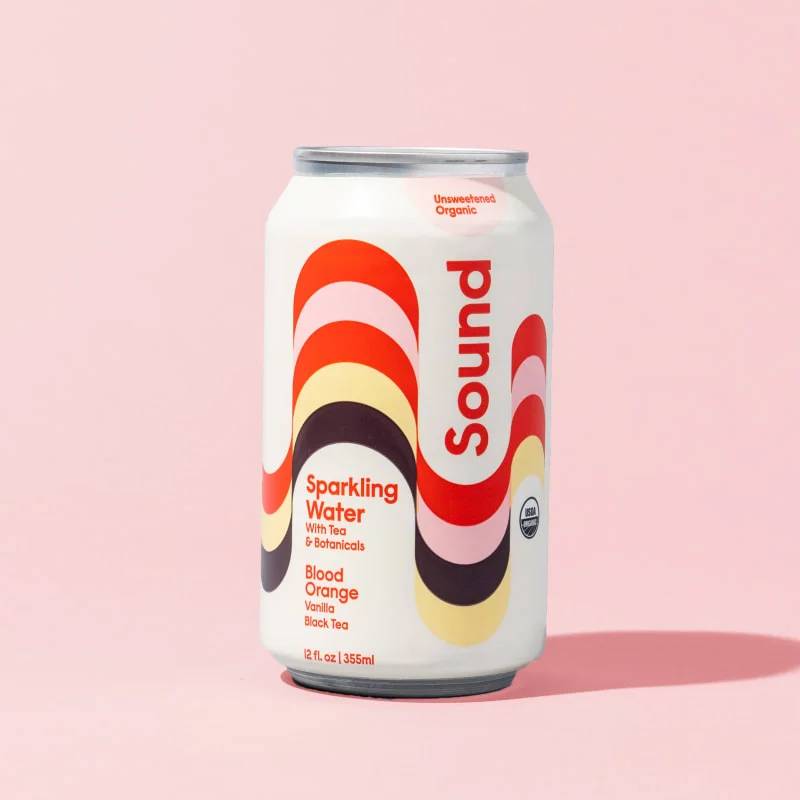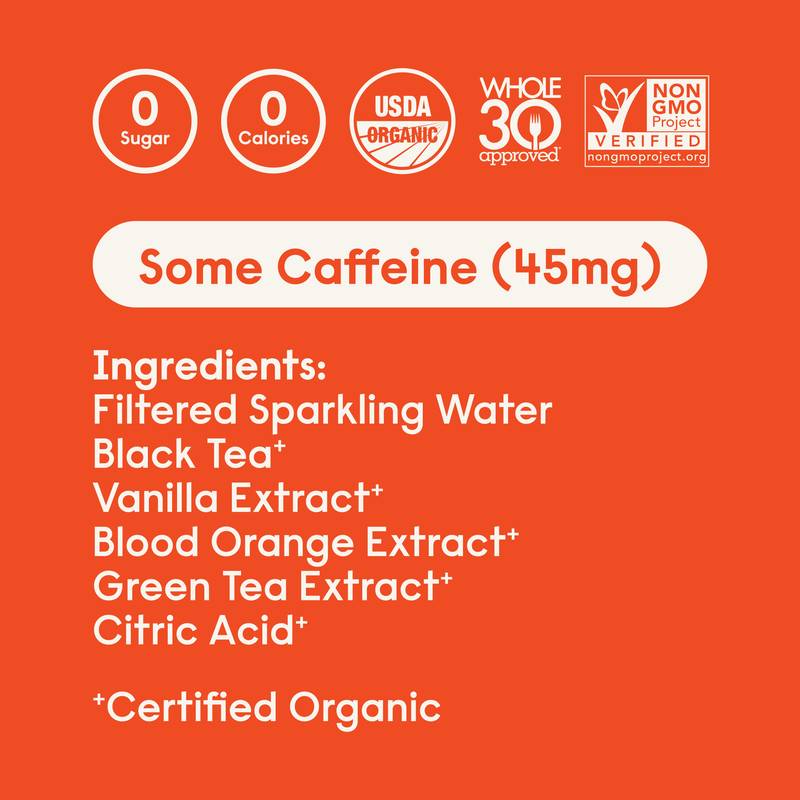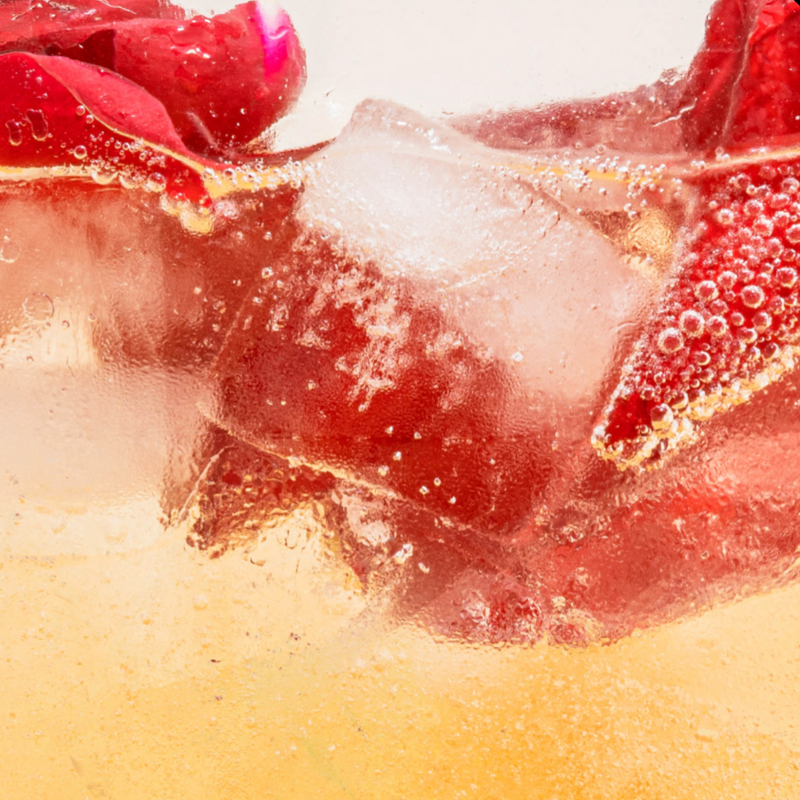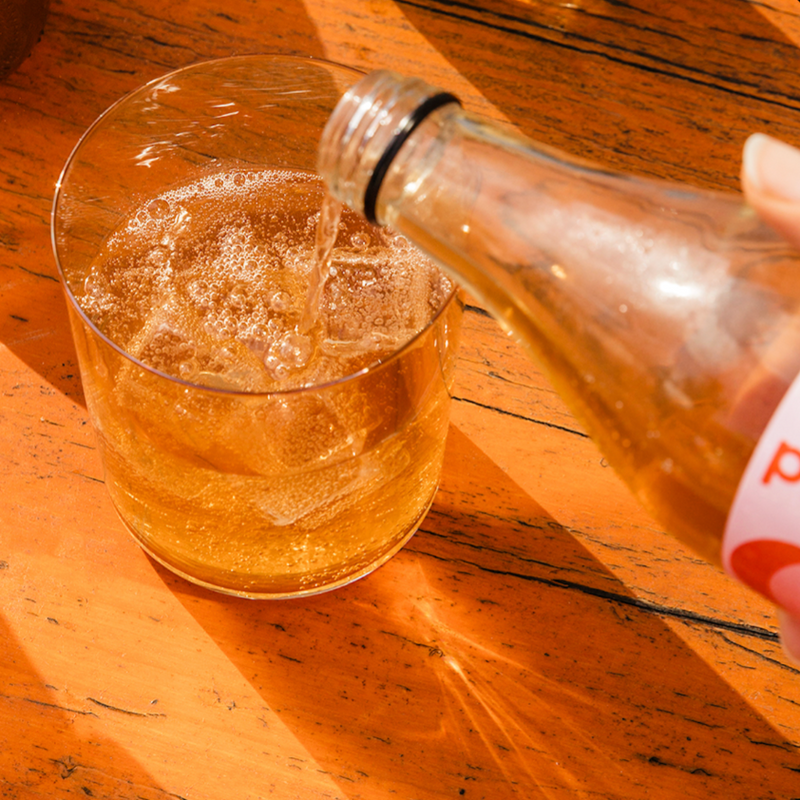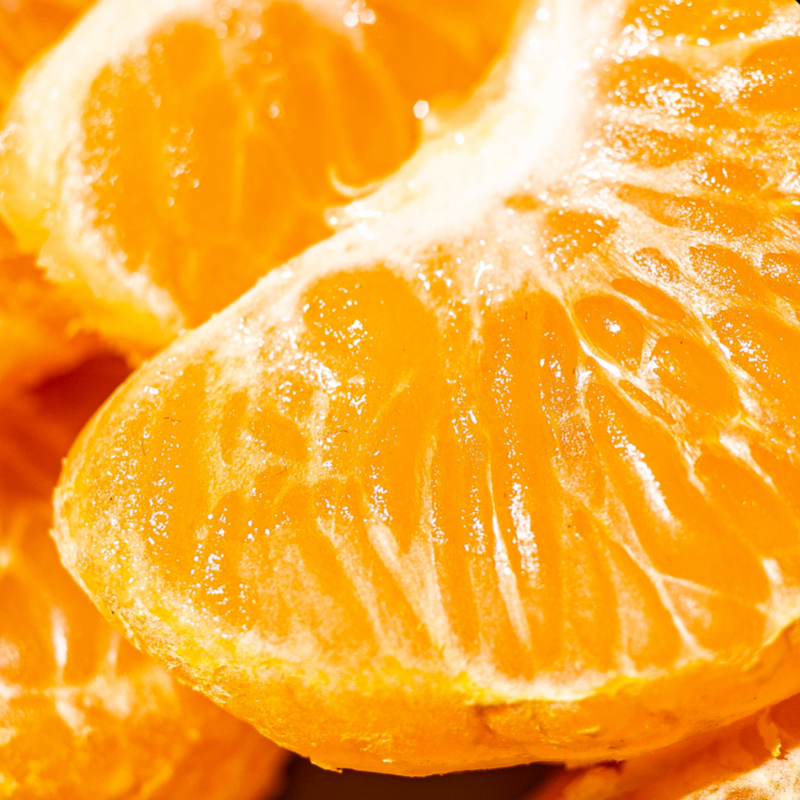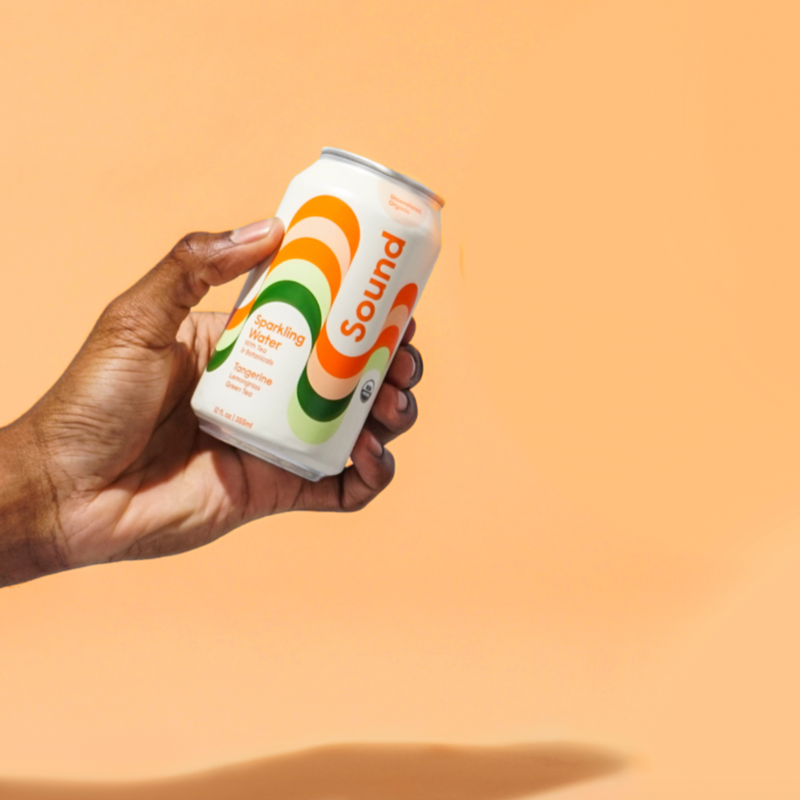Believe it or not - all tea comes from the same plant! That plant is called Camellia sinensis and the way it’s processed determines whether we call it black tea, green tea, white tea, or oolong. So, tea is synonymous with the Camellia sinensis plant. Any other “tea” not made from this plant is not truly considered tea. It would actually be an herbal blend made from flowers, roots, seeds or leaves of another plant (i.e., hibiscus or rose).
Tea in its true form has been studied many, many times and undoubtedly has tons of potential benefits. Those benefits have been linked to the natural polyphenolic compounds (aka antioxidants) in this plant, and they include reducing the risk for heart disease (including stroke) and diabetes as well as lowering overall bodily inflammation. Drinking tea has even been associated with a lower risk for certain types of cancer. Generally, studies have found these benefits when drinking 2-3 cups of tea each day.
Green tea, black tea, oolong and white - what’s the difference?
These types of tea are differentiated primarily by the fermentation process they undergo. Black tea is fermented, green tea is not and oolong is semi-fermented. While these three are made from the leaves of Camellia sinensis, white tea is made from the buds of this plant. It’s a little more dainty and delicate in character, and so is the least processed. White and green tea tend to have a bit higher quality antioxidant levels than black tea, although benefits of all have been shown. Due to the fermentation process, black tea is the richest in caffeine & white tea is the lowest.
How about decaffeinated tea?
Within the process of decaffeinating tea, some of the beneficial polyphenols may be lost but it does likely depend on which processing method was used. There are a few different ways that tea can be made decaffeinated, with the most common being by chemical means. We recommend checking out this post from our friends at Pique Tea for more on the ways tea can be made decaffeinated. But what it comes down to is: organic is probably the best option for decaf or maybe just keep the true caffeinated teas for the morning, and switch to a quality organic herbal tea in the evening.
*One more thing to be mindful of.
Some of us drink super hot coffee & tea. Hot beverages (i.e., 130-140 degrees F) can damage the esophagus and stomach, potentially increasing the risk for these types of cancer. So keep up your tea habit, just don’t have it steaming hot (and of course, skip the sugar!).
